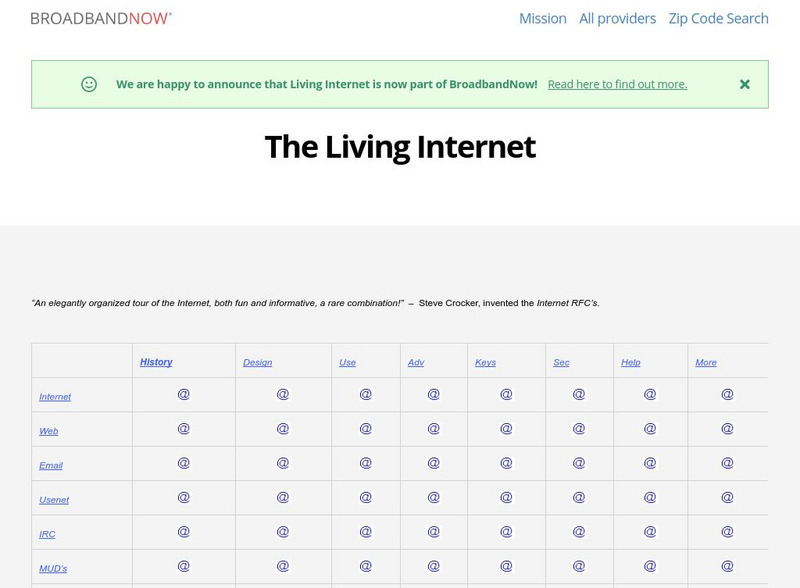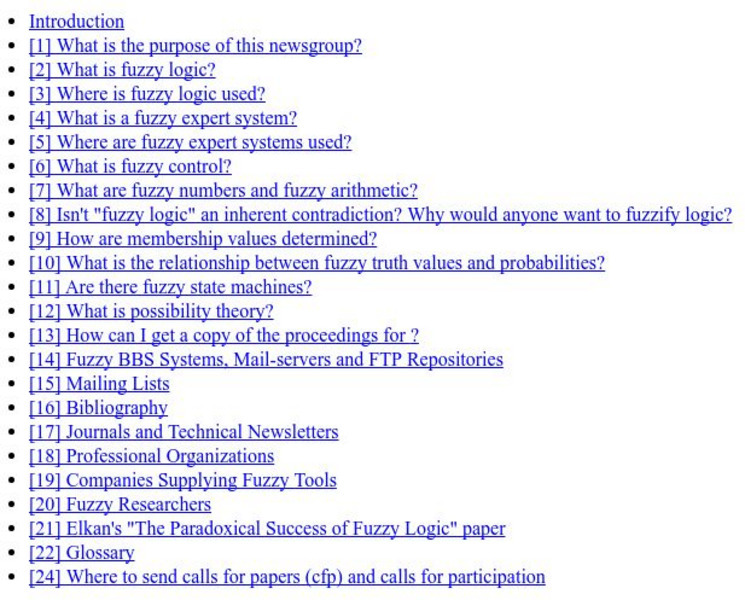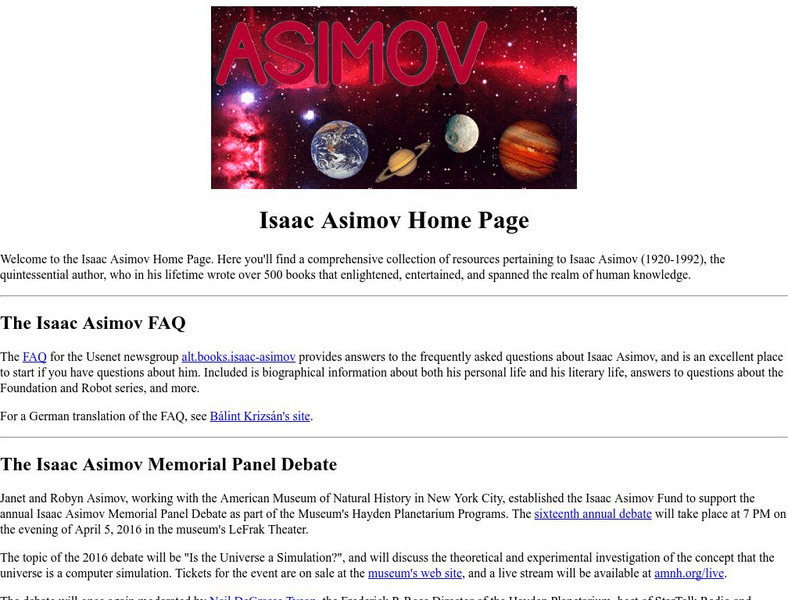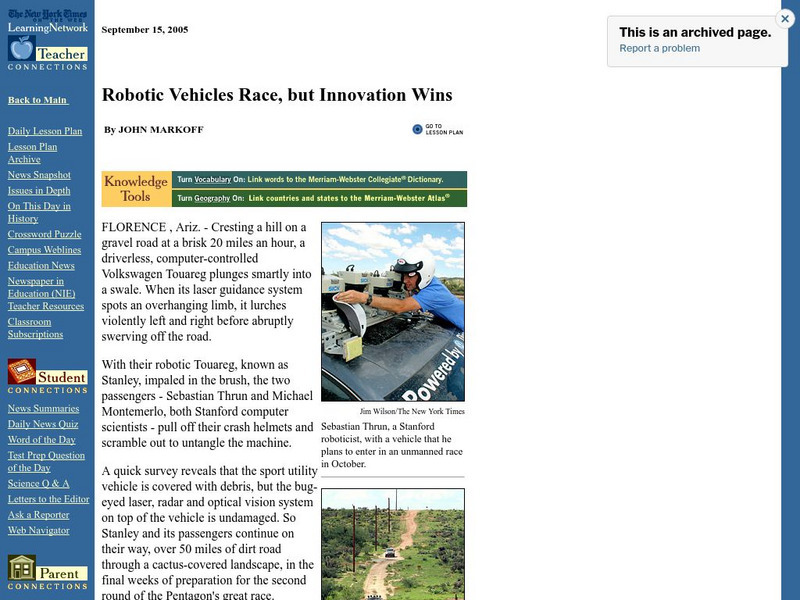Artificial Intelligence Teacher Resources
There’s very little artificial about artificial intelligence. Programs are carefully crafted by computer scientists to run machines that can recognize human speech, play chess, run assembly lines, and power robots that can go where no human has gone before.
A great way to begin a study of AI is with a lesson that directs young computer scientists to first investigate the technology that makes AI work and then to create mazes in Minecraft. A STEM lesson asks students to craft an algorithm to automate a robot that can put out a fire.
The field of information and communications technology and engineering is growing rapidly, and 21st century learners not only need to develop the computer skills necessary in this growing field but to also develop an understanding of AI programming basics. This short video models how different types of machine learning algorithms work.
While information and communication technologists are eager to explore the possibilities of AI, they also express cautions. Therefore, students need to develop critical thinking skills necessary to evaluate the possible threats inherent in the use of AI. Check out this video that asks viewers to consider the implications of the misuse of AI in such fields as weaponry.
The resources in our collection are designed to prepare learners for the world envisioned by futurists like Isaac Asimov, Ray Bradbury, Arthur C. Clark.


















